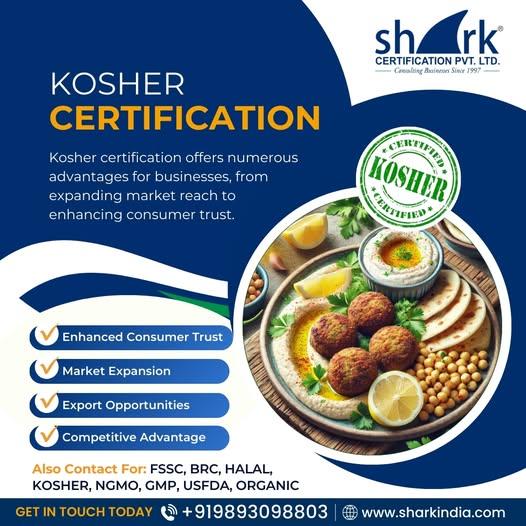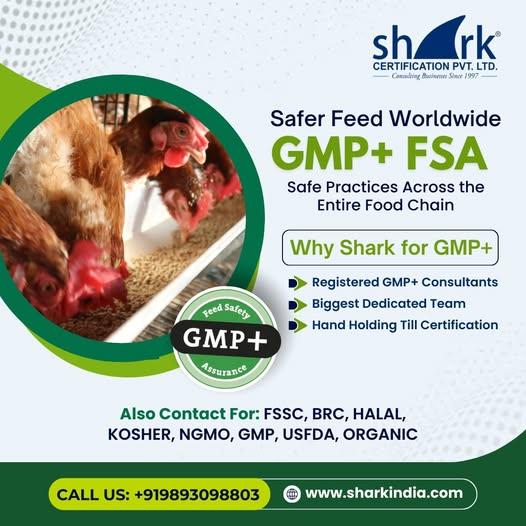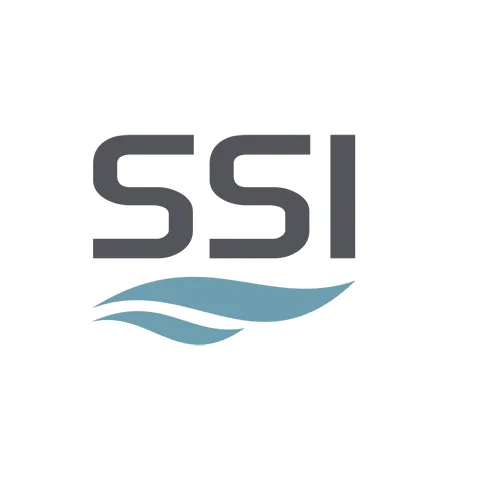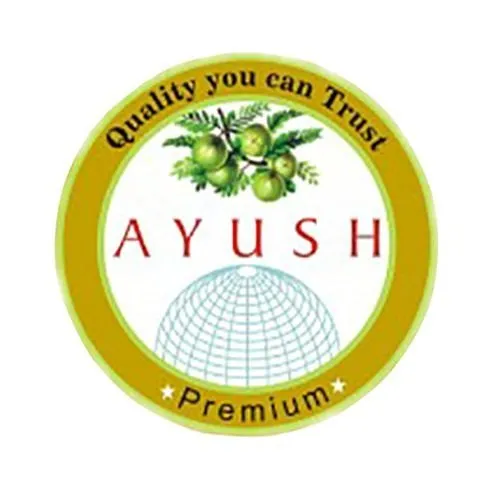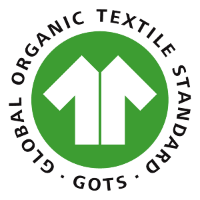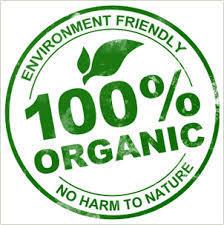Go Kosher with Shark Certification Pvt. Ltd. – Indore Expand Your Market. Build Consumer Trust. Ensure Global Compliance. In today’s highly competitive and quality-conscious food market, Kosher Certification is not just about meeting religious dietary laws—it's a strategic business move. At Shark Certification Pvt. Ltd., Indore, we help businesses unlock new market potential by providing authentic, efficient, and recognized Kosher certification services. Why Kosher Certification Matters Kosher-certified products are trusted for their purity, quality, and adherence to strict food safety and preparation standards. In fact, many consumers—regardless of religious affiliation—actively seek out Kosher-labeled goods due to their perceived safety and cleanliness. Over $150 billion in Kosher-certified products are consumed annually Nearly 70% of supermarket shelves in the U.S. feature Kosher-certified items Major brands, from snacks to beverages, rely on Kosher compliance to enter and dominate new markets Why Choose Shark Kosher Certification Pvt. Ltd.? Trusted Certification Partner Since 1997 Expert Consultation and End-to-End Certification Support Streamlined, Transparent, and Cost-Effective Process Compliant with International Kosher Guidelines Support for all food categories: meat, dairy, and pareve Customized solutions for small businesses and large-scale manufacturers Whether you’re in the food processing, poultry, meat, fishery, or beverage industry, Kosher certification offers a clear path to growth. Benefits of Kosher Certification with Shark Certification Access to global export markets Greater consumer trust and brand value Increased shelf space and retailer preference Clear quality assurance recognized worldwide Compliance with international food safety and labeling regulations Who Can Get Certified? Kosher Certification is ideal for businesses involved in: Food manufacturing and processing Meat and poultry production Fish and seafood industries Dairy and beverage processing Packaged goods and ready-to-eat meals Our Process at a Glance Initial Consultation & Eligibility Check Application Review & Documentation Support On-Site Audit and Facility Evaluation Final Certification & Ongoing Support Ready to Get Started? Join the growing number of companies achieving Kosher Certification and expanding their reach with confidence. Shark Certification Pvt. Ltd., Indore is here to guide you through every step of the journey.

